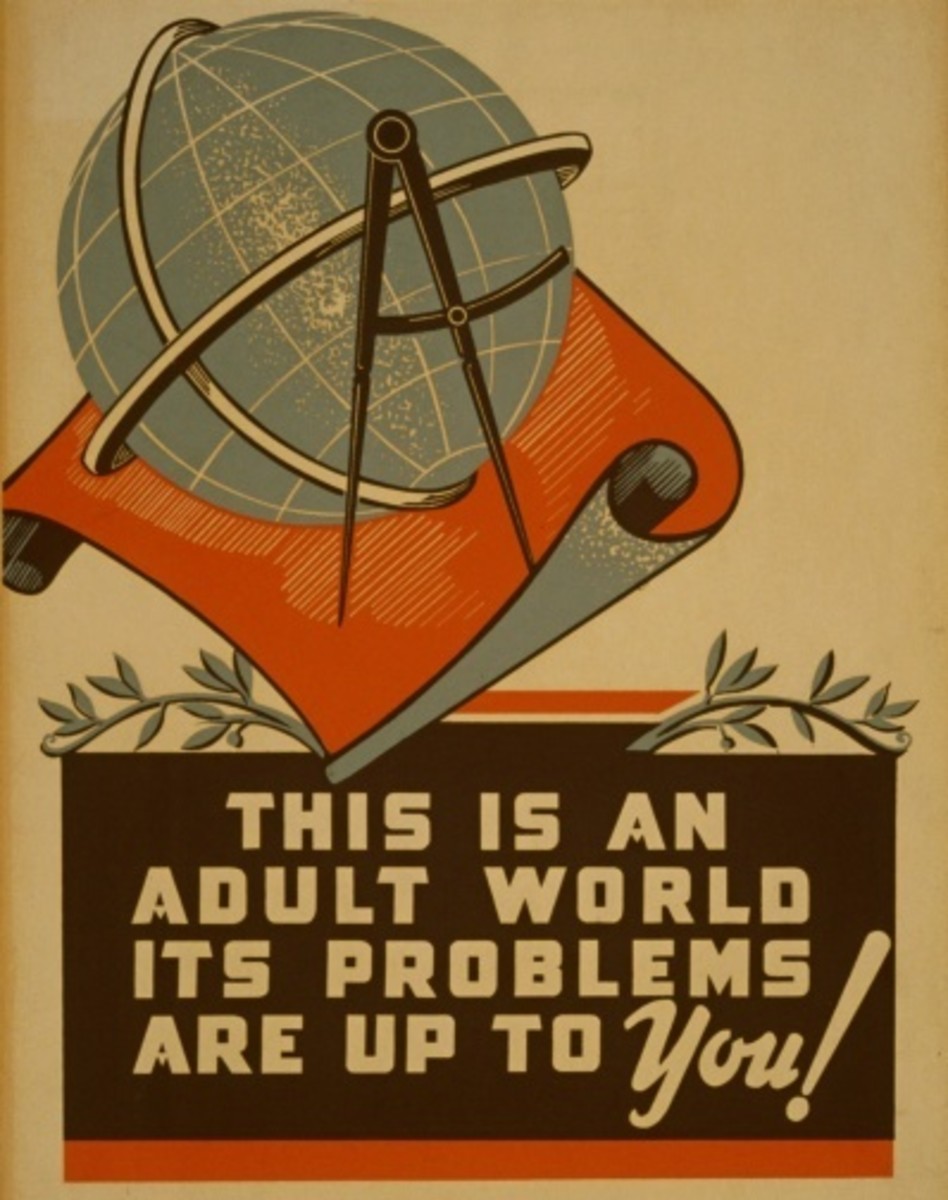Laura Cereta: Letter to Lucilia Vernacula Feminist Analysis

Laura Cereta asserts in “Letter to Lucilia Vernacula: Against Women Who Disparage Learned Women” that uneducated women are a more potent adversary to feminist ideals than men who altogether disregard the notion of women as people who possess scholarly potential. It is one of several letters written by Cereta in support of the idea that women deserve the same educational opportunities as men do in a time when the intellectual realm tended to exclude the participation of women.
The Document's title clearly exemplifies the theme of defending women's rights to the same education as men without the contempt and abuse of women against this notion. However, a subtle element of the title indicates support for the idea that the crude urgency of the letter is directed toward all ignorant women, not just the one specifically addressed in the title. It has been theorized that Lucilia Vernacula is not the name of an individual woman to whom this letter is addressed.[1] Consider how the surname "Vernacula" is only one letter away from being “vernacular,” which refers to the common or spoken language. Cereta was very proficient in Latin, having devoted much study to it while growing up.[2] From this, it is feasible to conclude that the name “Vernacula” is referring to all ignorant women who do not know Latin, only the vernacular language in common use. Therefore, Cereta’s letter to Lucilia Vernacula is in fact directly addressed to all uneducated women, rather than one specific individual, who seek to tear down those who show an interest in learning. This means that Cereta recognizes the significant female component in the forces against feminist enlightenment.
Interpretation of Margaret King’s commentary on the subject of Laura Cereta supports the notion that Cereta places great significance on the role of women as a detrimental force to feminist ideals. King asserts that “the main targets of [Cereta’s] prose, supercharged with elaborate locutions, obscure allusions, and anachronisms were the falsely learned men of her acquaintance and the idle, useless women who abused her for her ambitions.”[3] King’s description of the types of men and the types of women that Cereta targets makes it clear that women are of greater concern to Cereta. The men are merely “falsely learned,” suggesting that they need only to be made aware of the possibilities regarding women that they have overlooked. The women Cereta addresses are “idle and useless,” suggesting that there is much more that needs to be done for women in order to enlighten them. The women Cereta is writing to in this letter are a greater threat to feminism than men who are misinformed.
Cereta makes note of the contribution of men to the exclusion of women from scholarship, but she concedes that their ignorance is possibly forgivable, unlike “the babbling and chattering women, glowing with drunkenness and wine, whose impudent words harm not only [their] sex but even more themselves.”[4] Cereta makes it clear by this statement that for the sake of feminism, it is of more importance for women to allow progressive changes than it is to persuade men to make them.
This focus on the fault of women taken by Cereta stems from her belief that it is within the power of the individual to obtain knowledge through strong will and determination. Merry Wiesner writes in an anthology of historical gender relations that Cereta “chided other women for their laziness”[5] rather than blaming men as the main cause of the perpetuated ignorance of women. This is relevant to Cereta’s letter to Lucilia Vernacula in particular for Cereta also asserts, while discussing women who abuse educated women, that “these women, lazy with sloth and insouciance, abandon themselves to an unnatural vigilance.”[6] The unnatural vigilance that Cereta refers to is the stand uneducated women take against learned women out of envy, ignorance, and the perceived necessity to conform to social norms borne out of misguided ideals. This laziness is referred to again when she discusses women who “soiled by the filth of pleasures, rot in sloth,”[7] stagnating due to lack of mental stimulation, choosing means of instant gratification rather than the long term benefits of self improvement. While men make it difficult for women to partake in the intellectual realm, Cereta makes it clear that women are more to blame for their laziness and resulting ignorance.
Cereta relates these women to a parasite that should be isolated or exterminated in some way. She justifies her opinion of these women with the examples that “dogs are permitted to claw at pesty flies, and an infected cow must always be isolated from the healthy flock, for the best is often injured by the worst.”[8] It can be drawn from this without question that Cereta considers these women to be an absolute lost cause and must be isolated for the sake of society.
Laura Cereta’s letter to Lucilia Vernacula is a blunt imploration to women who oppose educated women. She writes out of anger and frustration to women who make it difficult for other women to become intellectuals. It can be learned from this document that sexism is not just about conflict between men and women, it is a very complex issue that pervades society and can turn members of the same sex against one other when some fail to conform. Feminism is not simply a battle of the sexes, it is a movement that seeks to promote understanding, enlightenment, and equality within each sex as well as between the sexes.
Bibliographical references
[1] Diana Robin, Laura Cereta: Collected Letters of a Renaissance Feminist (Chicago: University of Chicago Press, 1997),80.
[2] Robin, 5.
[3] Margaret L. King, Women of the Renaissance (Chicago: University of Chicago Press, 1991), 201.
[4] Laura Cereta, “Letter to Lucilia Vernacula: Against Women Who Disparage Learned Women,” in The Civilization of the Italian Renaissance, ed. Kenneth R. Bartlett (Lexington: D. C. Heath & Company, 1992), 295.
[5] Merry E. Wiesner, “Women’s Defense of Their Public Role,” in Women in the Middle Ages and the Renaissance: Literary and Historical Perspectives, ed. Mary Beth Rose (Syracuse: Syracuse University Press, 1986), 14.
[6] Cereta, 195.
[7] Cereta, 196.
[8] Cereta, 195.







